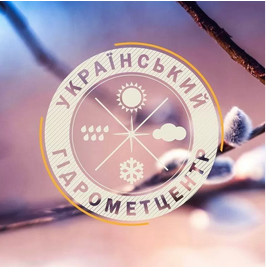
Thunderstorms are expected in the northern, Cherkasy, and Poltava regions of Ukraine on Sunday, June 22, in the coming hour and continuing until the end of the day, according to the Ukrainian Hydrometeorological Center.
Thunderstorms are also expected on Monday, June 23, throughout the day in the eastern and southeastern regions and at night in most central regions of Ukraine.
“Weather conditions may complicate the work of energy, construction, and utility companies and affect traffic,” the report said.
In this regard, a level I (yellow) danger warning has been issued in the relevant regions.
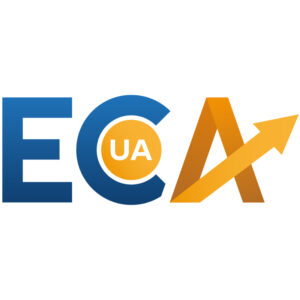
On June 19, the Export Credit Agency (ECA) announced a tender for voluntary insurance of motor vehicles (CASCO), according to the state procurement system Prozorro. The expected cost of purchasing the services is UAH 50 thousand. The deadline for submission of documents is June 28, 2025.
The Export Credit Agency of Ukraine (ECA) is a state institution that supports non-resource exports by insuring the risks of enterprises and banks. The agency insures foreign economic contracts, export credits, bank guarantees, and investment loans against military risks.

A record 386 cases of animal cruelty were recorded by the Prosecutor General’s Office of Ukraine (PGO) in the first five months of 2025. This is 3.7 times more than in the same period last year. In 80% of cases, suspects have already been charged, but only 4% of all proceedings have reached court.
A record 386 criminal proceedings under Article 299 of the Criminal Code (cruelty to animals) were opened in Ukraine in the first five months of 2025. The previous record — 220 cases per year — was set in 2020. Over the year, the number of cases of cruelty to animals increased almost fourfold: from 105 last year to 386 this year.
“The increase in the number of criminal proceedings for cruelty to animals is not about an increase in violence, but about a decrease in silence. Thanks to educational work, accessible legal tools, and support from civil society organizations, people are reporting violations more and acting in accordance with the law,” comments Anastasia Gevchuk, a legal analyst at UAnimals, an animal and environmental rescue organization.
There was a sharp spike in the spring of this year: more cases were opened in April than in the whole of last year. By comparison, at the beginning of 2025, an average of 21 cases were opened per month, as in previous years. At the same time, 213 new cases were opened in April alone — ten times more than usual. In May, the number of cases decreased by 110, but this is still five times higher than in previous years.
At the same time, cases of animal cruelty have been investigated more effectively. In previous years, suspects were charged in only 20% of cases — effectively, in one in five cases. This year, suspects have been charged in 80% of cases. However, due to the sharp increase in the number of cases, fewer cases under Article 299 have reached court: from 13-15% in previous years, this figure has fallen to 4%.
“This surge in new cases this year is, in particular, the result of the persistent work carried out in 2024: the launch of chatbots where people can report animal cruelty, the publication of templates that can be submitted if you encounter such a situation, training for investigators and prosecutors, etc., conducted by UAnimals. In addition, in February 2025, specialized training was held for law enforcement officers, which increased their awareness and, accordingly, their effectiveness in recording such cases,” notes Anastasia Gevchuk.
За даними пошуковика по судовому реєстру Бабуся цьогоріч суди вже винесли 20 вироків за жорстоке поводження з тваринами. Злочинці отримують реальні терміни ув’язнення за жорстокість до тварин. For example, in Lviv region, a man was sentenced to five years in prison for beating a dog to death with a bat. However, there are also cases in the register where offenders were punished with fines and suspended sentences.
https://opendatabot.ua/analytics/animals-cruelty-2025
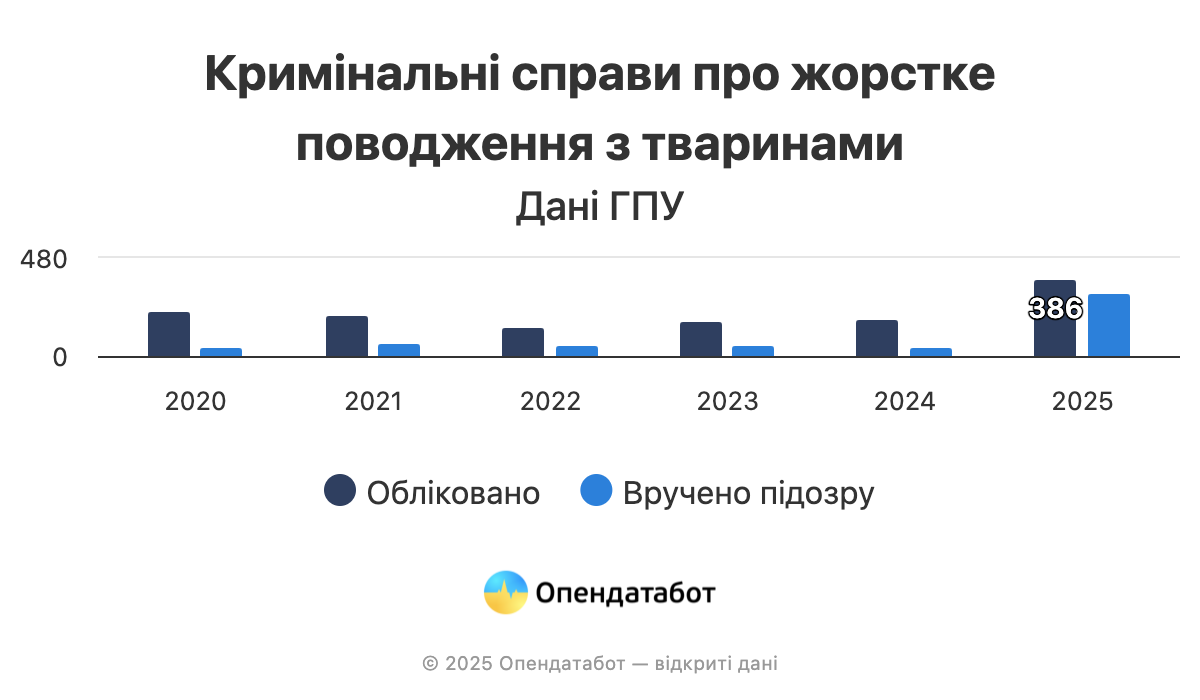
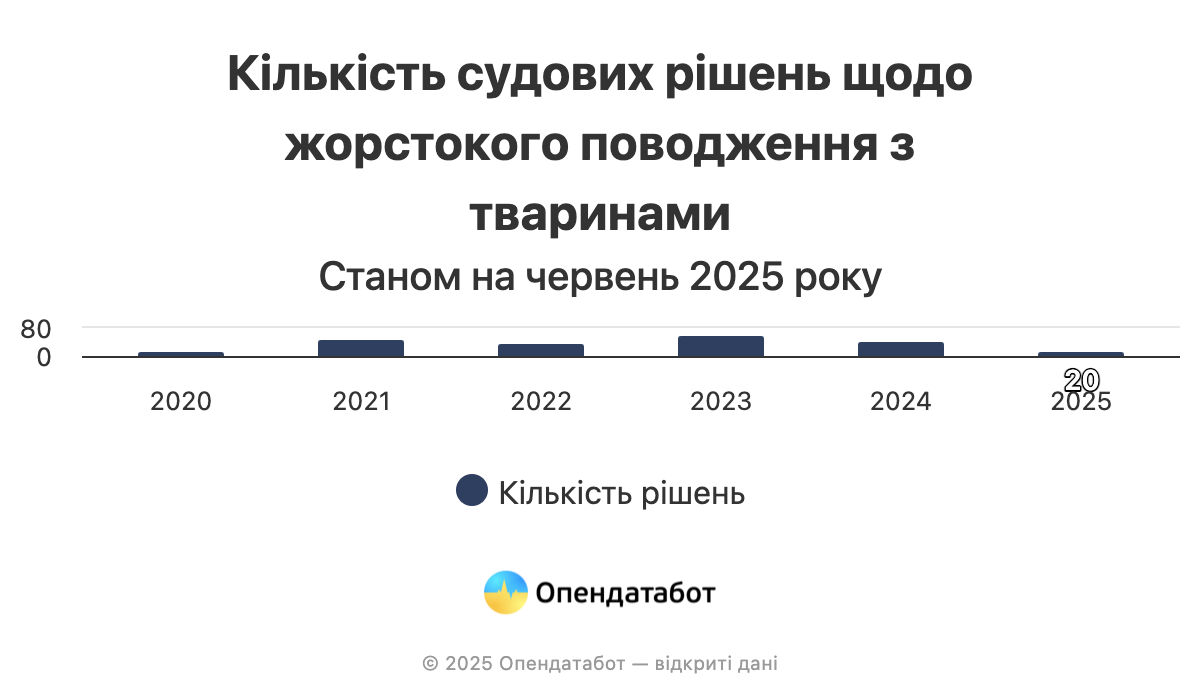
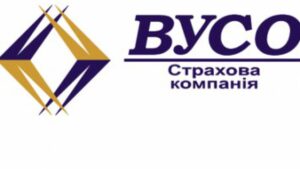
On June 19, Kirovogradoblenergo announced its intention to conclude a contract with VUSO Insurance Company for compulsory motor third party liability insurance. According to the Prozorro electronic procurement system, the expected price for the services was UAH 900,000. The company’s price offer was UAH 682,053.
The company won a similar tender a year ago. VUSO Insurance Company was founded in 2001. It is a member of the Motor Transport Insurance Bureau of Ukraine and the National Association of Insurance Companies of Ukraine, a participant in the agreement on direct settlement of losses, and a member of the Nuclear Insurance Pool.
INSURANCE, OSAGO, VUSO Insurance Company, Кіровоградобленерго

Despite the war in Ukraine, bank lending to businesses is growing, consortium lending is reviving, but the issue of war risk insurance remains in limbo. Vladimir Mudry, Chairman of the Board of OTP Bank JSC and Chairman of the Board of the Independent Association of Banks of Ukraine, spoke about trends and challenges in the economy in general and the banking sector in particular during the conference “Finance for Business During War 2.0.”
“This year, new areas of work have emerged that no one was talking about last year. For example, syndicated lending, which allows for the financing of large-scale infrastructure projects. We see that banks with private and state capital are joining forces to finance initiatives aimed at developing the economy. I believe that the banking sector and business should look for new areas for cooperation. This will allow banks to refine their internal programs in line with the current needs of business, and entrepreneurs to understand which ideas can already receive financing from banks today,” said V. Mudryi.
He emphasized that bank lending to businesses is growing in Ukraine, with the hryvnia corporate portfolio growing by 9.5% in the first quarter of 2025 and 28.4% year-on-year. At the same time, there are a large number of state programs for financing SMEs, including the state program “Affordable Loans 5-7-9%” and compensation for loans for domestically produced machinery and equipment. The share of total loans to small and medium-sized businesses in the banking system as a whole has already exceeded 60%.
“At the same time, other indicators, which currently remain quite low, are cause for concern. According to the results of 2024, the loan portfolio of banks amounted to only 23% of total assets. And if we take GDP, the total loan portfolio is only 19%. For comparison, in Poland this figure is 33%. This means that there is considerable potential for growth,“ emphasized V. Mudry.
Separately, V. Mudry drew attention to the challenges common to both business and banks. ”Unfortunately, no concrete results have been achieved in the area of war risk insurance over the past year. The law is still being considered by members of parliament. We also do not see an increase in financing programs from international partners,” emphasized the head of OTP Bank.
As a reminder, the credit rating agency S&P Global raised the rating for OTP Bank (Hungary) from BBB-/A-3 to BBB/A-2. This level is higher than Hungary’s sovereign credit rating.
OTP Group is the fourth most stress-resistant banking group in Europe based on the European Banking Stress Test 2023 conducted by the European Banking Authority. OTP Group also tops the Ranking of the 100 Best Banks in Central and Eastern Europe for 2023 and 2024.

Since the beginning of the year, Ukrainians have imported over 181,000 passenger cars, of which almost 80% are used. Despite the significant quantitative advantage of such vehicles, new cars accounted for almost half of the total import value – $1.2 billion out of $2.57 billion. At the same time, the value of used cars is $1.37 billion.
Used cars provided UAH 16 billion in customs duties to the state budget, while new cars provided UAH 10.7 billion.
The type of fuel chosen by Ukrainian consumers reflects both stable preferences and gradual changes in trends. Gasoline cars remain the most popular, accounting for almost half (48.5%) of all imports. Electric cars are in second place (22.1%), not only overtaking diesel (20.6%) but also significantly outperforming hybrids (8.8%).
Electric transport has become the most dynamic segment of the car market. Since the beginning of the year, more than 40,000 electric vehicles with a total value of $810 million have been imported into Ukraine. For comparison, twice as many gasoline cars were imported, but their total value is not much higher — $818 million.
If this trend continues, 2025 could be a record year for the number of electric cars imported.
The average cost of an electric car imported into Ukraine is over $20,000, a diesel car is almost $13,000, and a gasoline car is over $9,000.
It is also interesting that electric cars, although they belong to the more expensive segment, brought a relatively modest 333 million hryvnia in customs duties to the budget. This is due to the current tax breaks on imports of electric vehicles. For comparison, taxes on imports of gasoline cars amounted to over UAH 13 billion, diesel cars — UAH 7.7 billion, and hybrids — UAH 5.5 billion. In total, customs revenues from car imports amounted to UAH 26.7 billion in five months.
Since the beginning of 2025, passenger cars have been imported from more than 50 countries, but the undisputed leaders are:
USA — 69,000 (38% of the total number imported);
Poland — 22,300 (12%);
Germany — 20,400 (11%).
A total of almost 111,700 cars were imported from these countries, accounting for over 60% of the total. The US dominates the gasoline car and electric vehicle segments. Germany and Poland are the leaders in diesel cars.